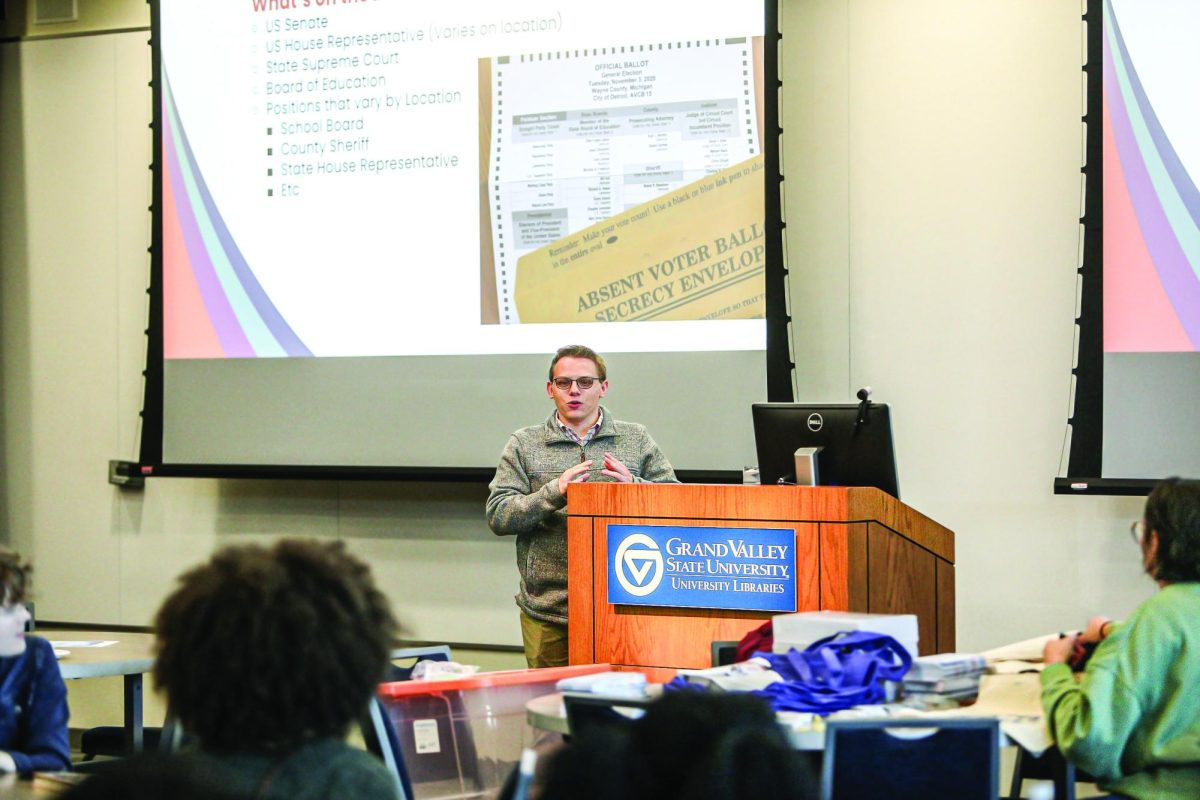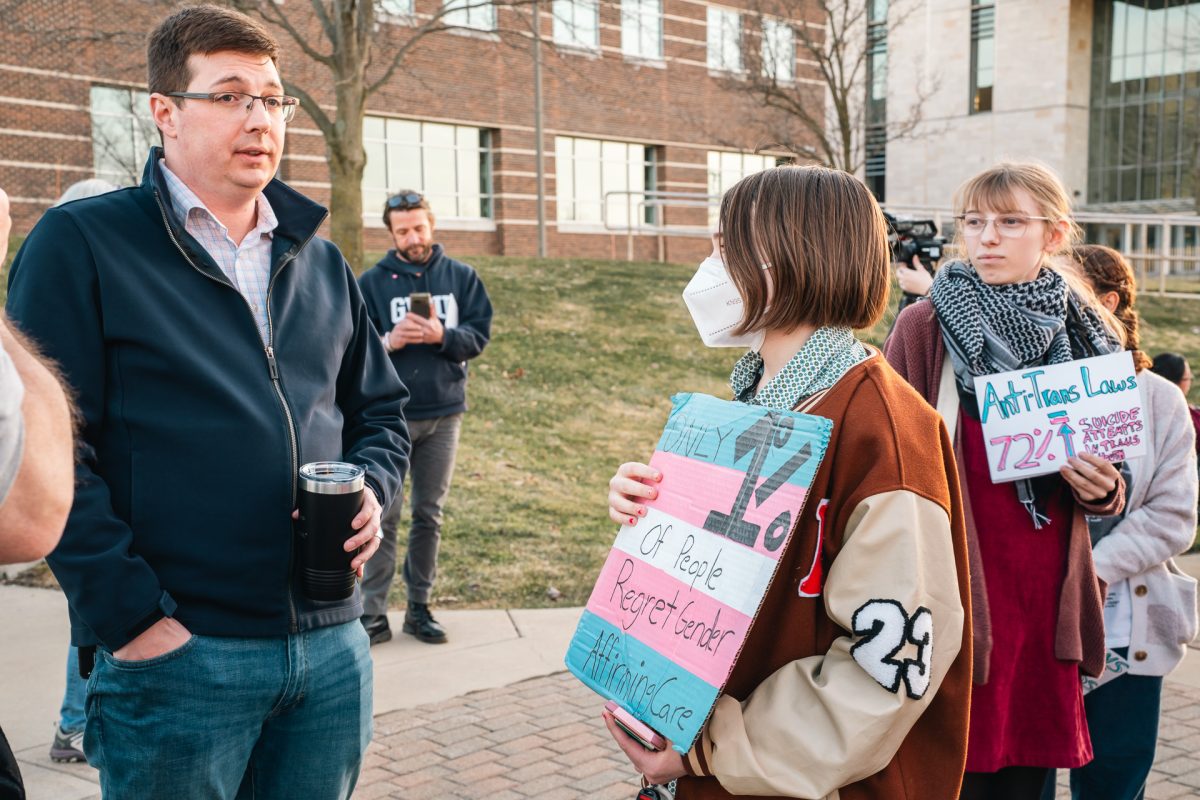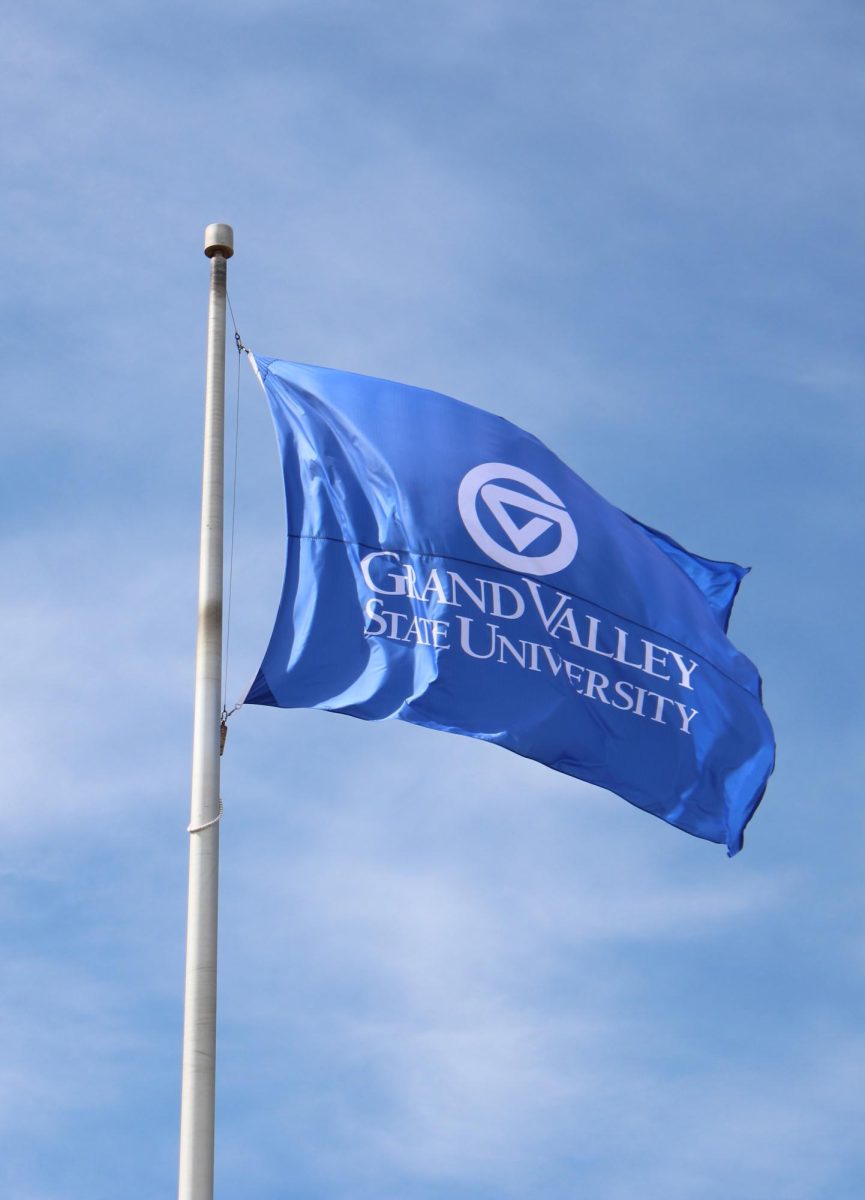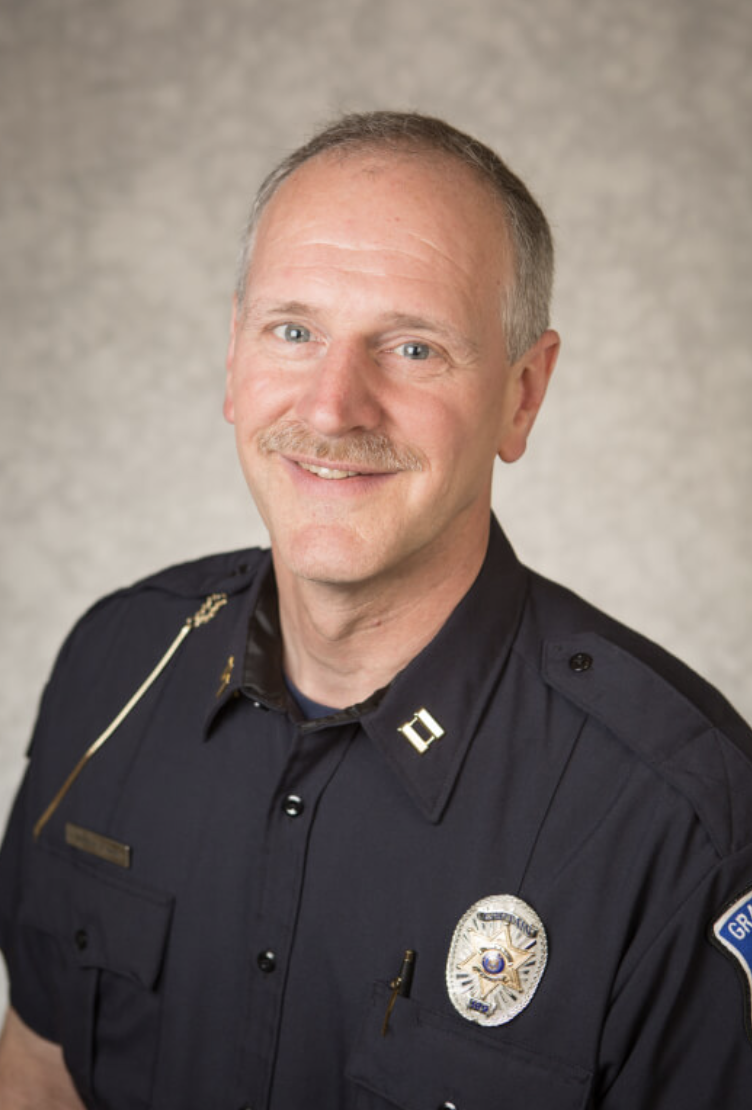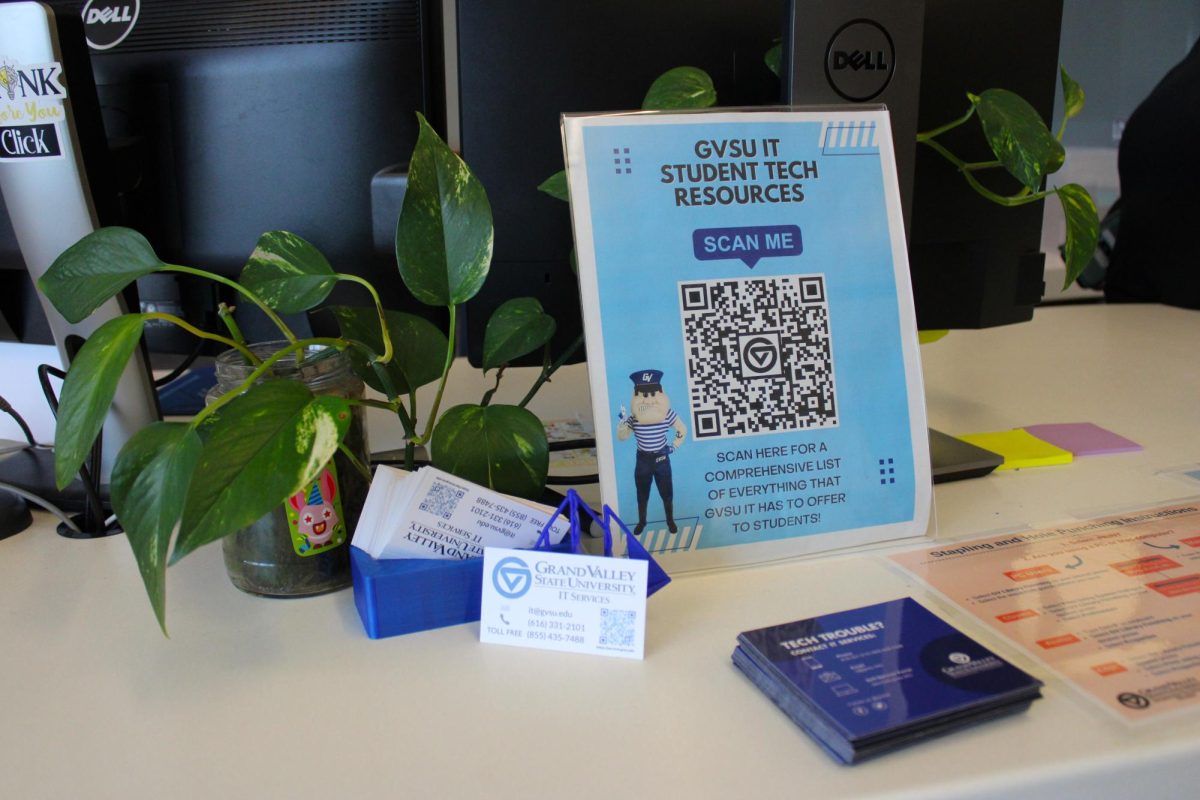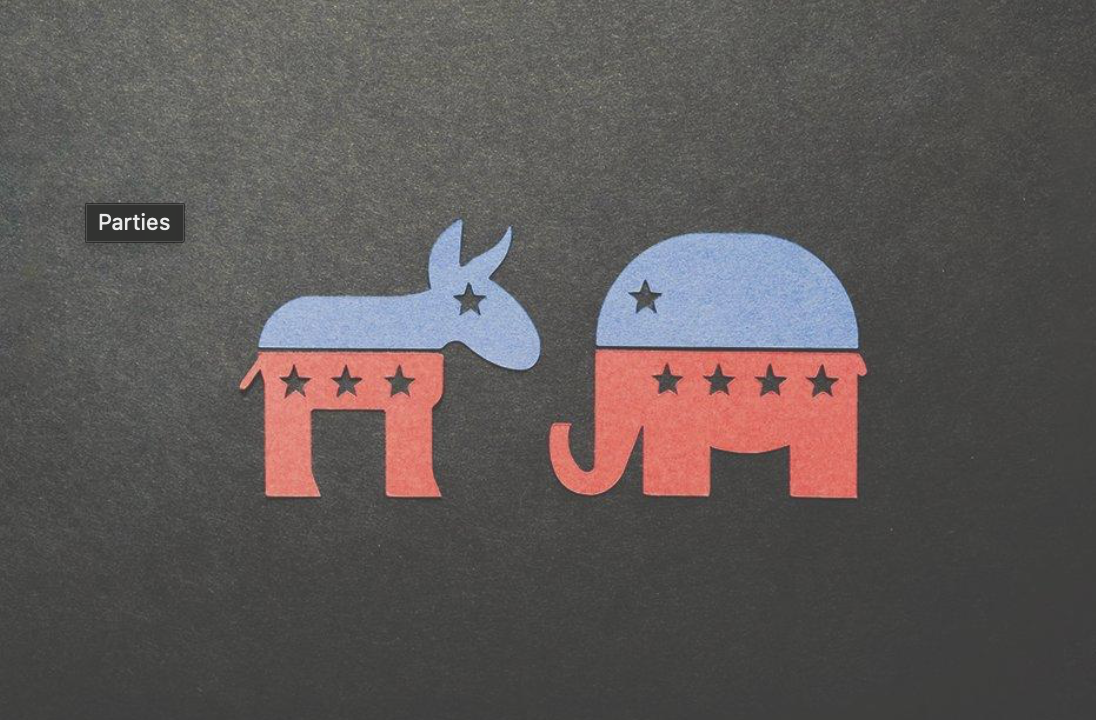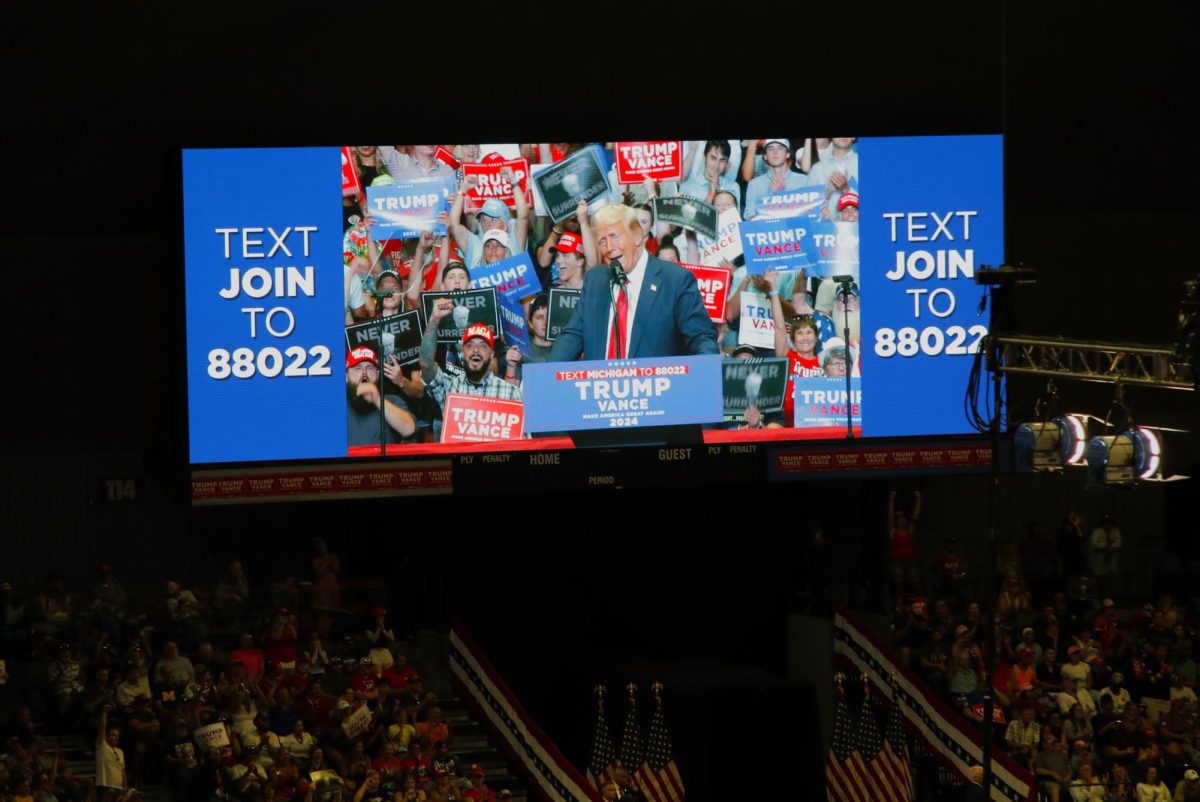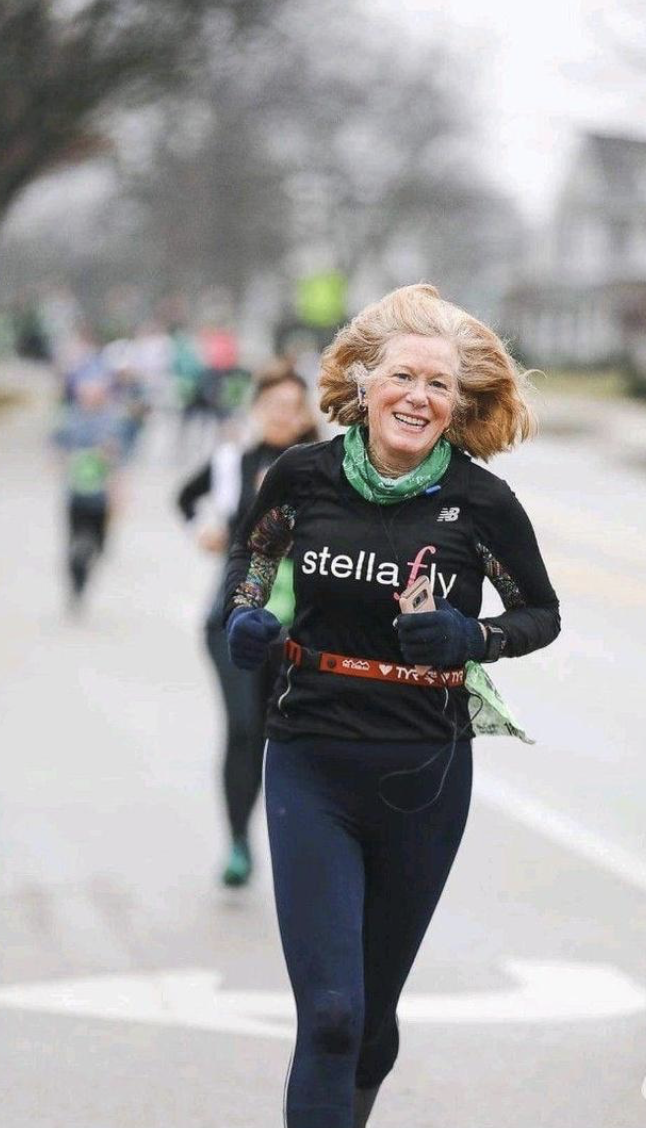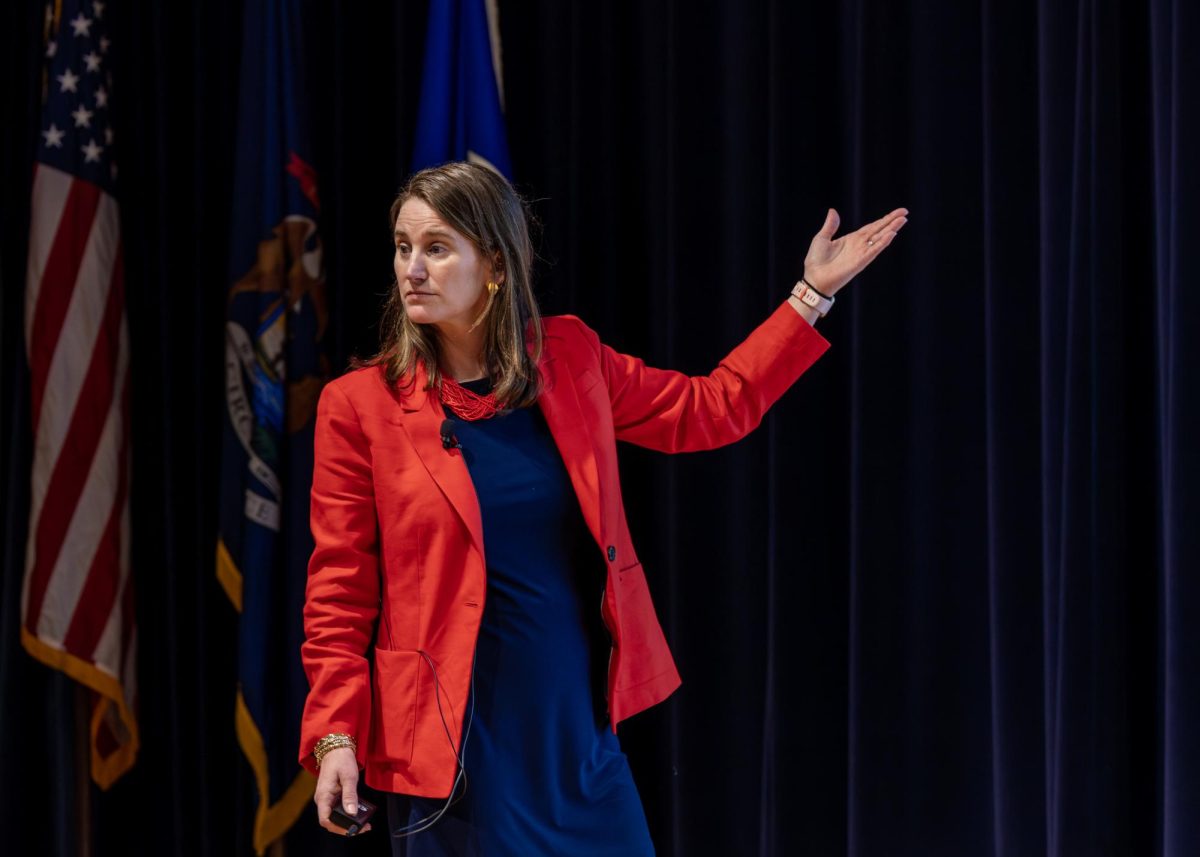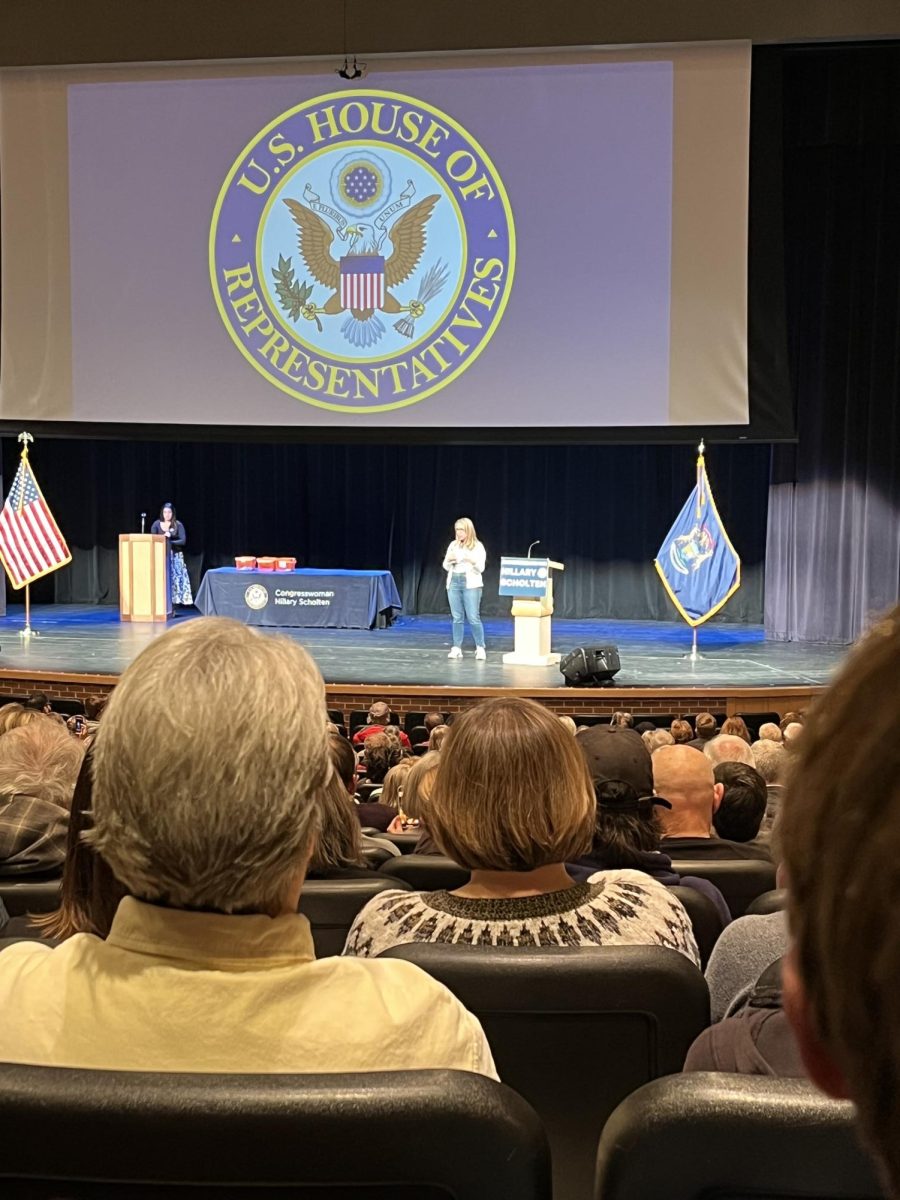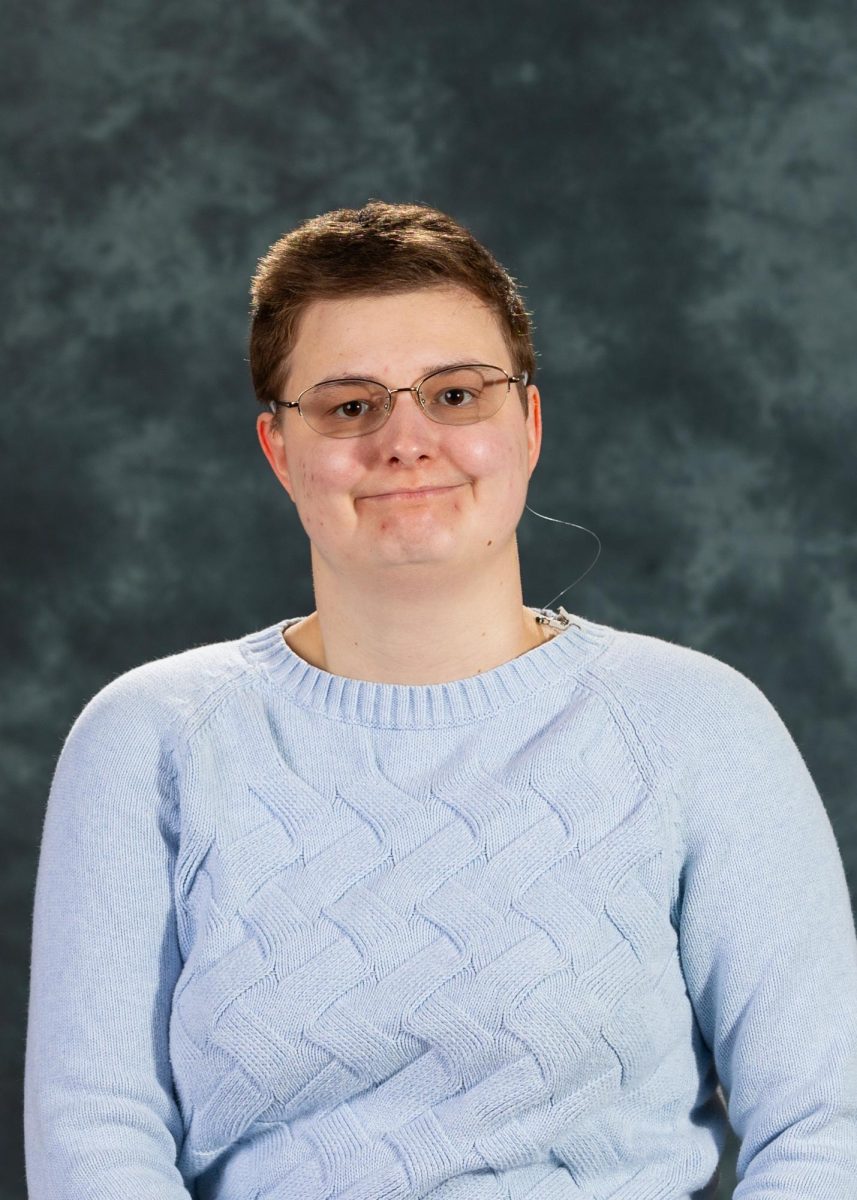For many Grand Valley State University students, the upcoming presidential election will be the first one in which they have had an opportunity to vote. Almost ironically, it’s also one of the most divisive elections in recent history.
Every student has their own reasons for choosing to utilize or not utilize their democratic right in the political system. The student demographic is an important one to both sides in this election. Young adults represent the future of the country, and the block of young Michigan voters now have the numbers to sway the majority in several counties.
For GVSU Student Senate President Quentin Proctor, exercising one’s right to vote is the single most important factor in determining the country’s direction.
“It’s super important to vote because we are making decisions for the future of the country,” Proctor said. “There’s a lot at stake and it’s not just the presidency, there is a lot down the ballot as well.”
Proctor believes that whether or not a student votes doesn’t change the fact that the winner will impact their day-to-day lives, including deciding where “ever-important tax dollars” go.
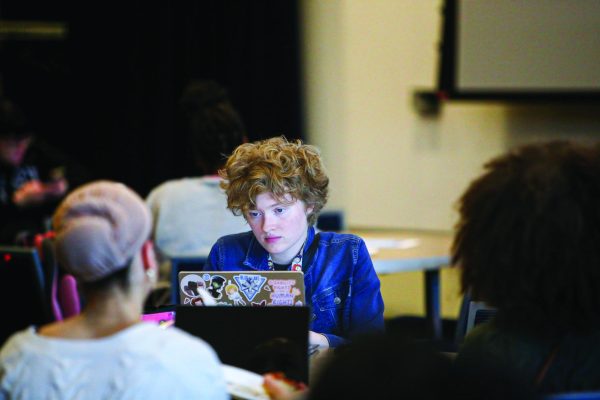
“We are determining where our taxes go and deciding on how to move forward with different initiatives at any level of government,” Proctor said. “Because we are deciding what the future of the country will look like, I think students have the most at stake when it comes to what happens in the election.”
Proctor said student voter participation, although traditionally low level, has actually been instrumental in swaying past election cycles. Proctor said he thinks the voting block is typically under involved because they don’t understand the power behind their vote.
“Students are super busy and caught up in academics, work, social engagements and extracurricular activities, and I think that’s distracting, which makes sense because we are in college,” Proctor said. “Looking at the sheer number of votes, especially in the presidential election, which takes the vast majority of attention, it doesn’t feel like one individual vote can necessarily make a difference.”
Proctor also believes the negativity surrounding the political scene has turned some students off to the idea of voting, and many students identify with this.
“In today’s climate, it is so negative and polarized on the political scene,” Proctor said. “Students are, to some extent, excited, but many of us are exhausted by the coverage, which can lend itself to this apathy.”
Still, many students are focused on this election and have shown so by investing their time to research the issues at stake.
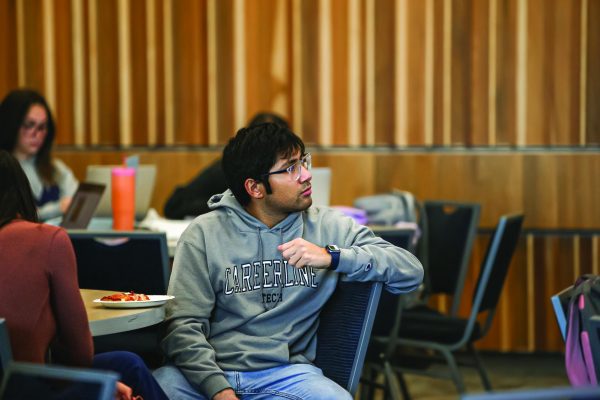
GVSU student Nikolas Tompkins was eager to share his views on the upcoming election, even going as far to explain the choice behind his selected candidate.
“I am voting for Kamala Harris this election,” Tompkins said. “Kamala Harris grew up in the middle class, and as a result, she relates to and understands many of the struggles that my family, friends and myself have all gone through.”
While the direct effects of a candidate’s policy matter to most everyone who will vote, voting decisions for students also have a lot to do with negating the power of the opposition. For Tompkins, this means stopping one person from being in office: Republican candidate, former President Donald Trump.
“Donald Trump’s economic policies while in office were long term failures and have only hurt me and my family,” Tompkins said. “His tariff policy proposals, which he doesn’t understand anything about, along with his tax bracket proposal, will only continue to increase my cost of living and decrease the amount of money he and his millionaire and billionaire friends will have to pay.”
Yet, there may also be a moral component at play in this election that many students are feeling compelled to answer for.
No matter what side of the debate students seem to fall on, many students have identified a spirit of inclusivity with current Vice President Kamala Harris. For Tompkins, a vote for Harris is a vote for unification, but it is also a vote against someone who strives to separate society based on identities which citizens cannot control.
“Donald Trump continues to push for the limiting of basic human rights within this country with blatantly racist, sexist and generally bigoted policies and ideas,” Tompkins said. “I believe that a future under Kamala is a future of progress.”
The negative connotation that Trump seems to carry, as far as Tompkins is concerned, lies in his perceived inability to concede defeat in the 2020 election to current U.S. President Joe Biden. The resulting Jan. 6 protest seemed to only bolster the idea of Trump as non-compliant and even potentially dangerous, whether he wins or not.
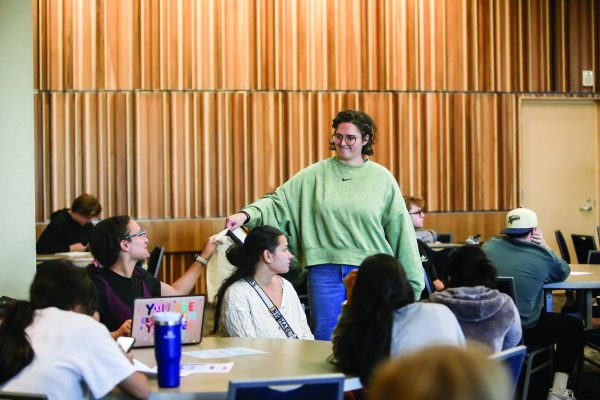
“I believe that no matter who wins on election night, there will be major ramifications on the integrity of our democracy,” Tompkins said. “If Kamala Harris wins, I don’t think that Donald Trump will admit defeat, and similar to the last time he lost, will push his supporters towards using physical violence against his political opponents.”
If Harris wins, she will become the first Black woman president, a feat which is unprecedented in American history. It might be just as shocking if Trump returns to the top of the heap after receiving several felony charges and leaving the political scene for four years.
This election season has featured multiple assassination attempts, public denouncements and even the historic retiring of a candidate mid-race, sitting President Joseph Biden. However, some students believe the future is bright regardless of who wins and the country will, at some point, arrive exactly where it’s supposed to be.
“In a more long-term sense, I believe that we as a nation will end up on the right track like we always do,” Tompkins said. “I’m just unsure how long it will take to get there.”





